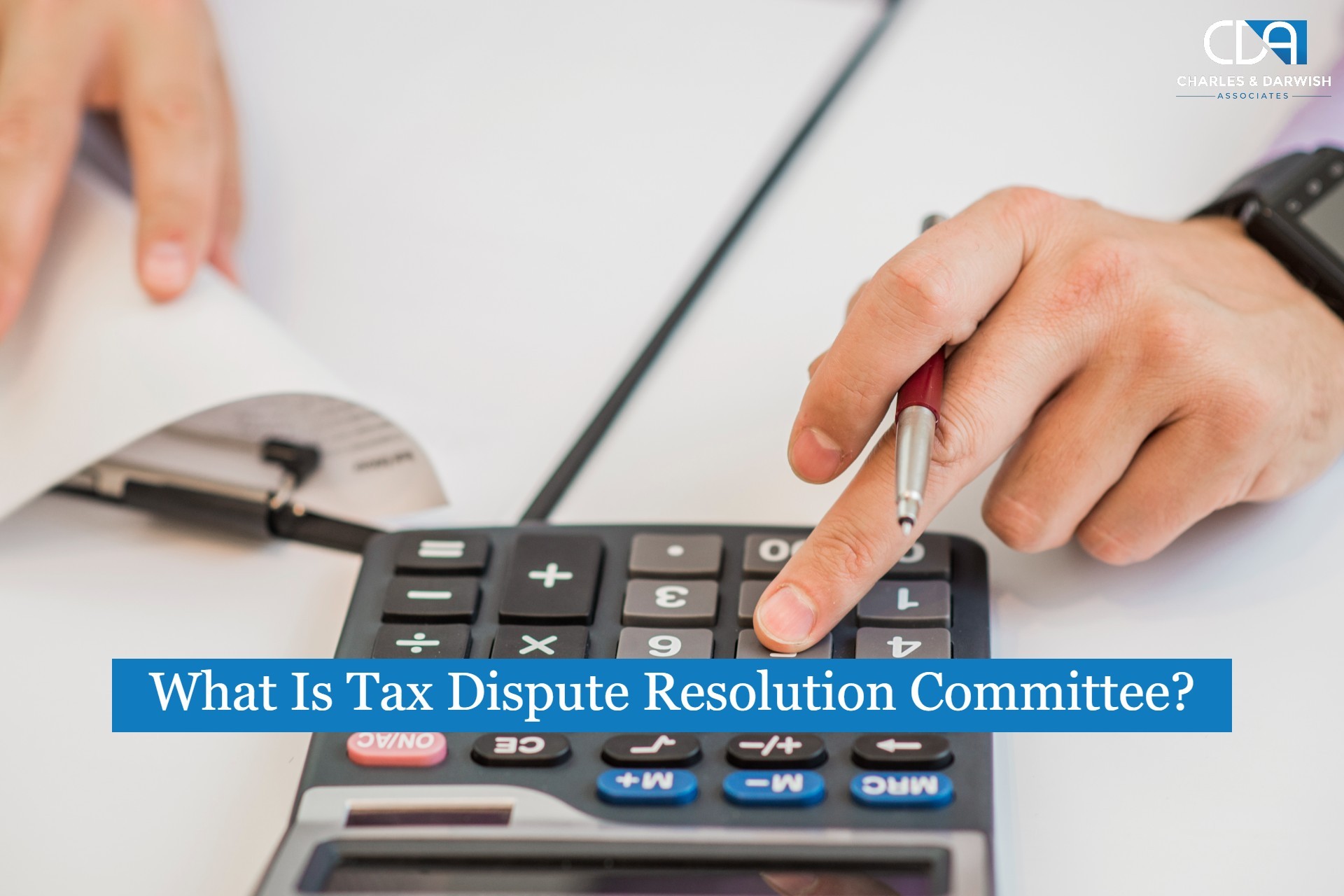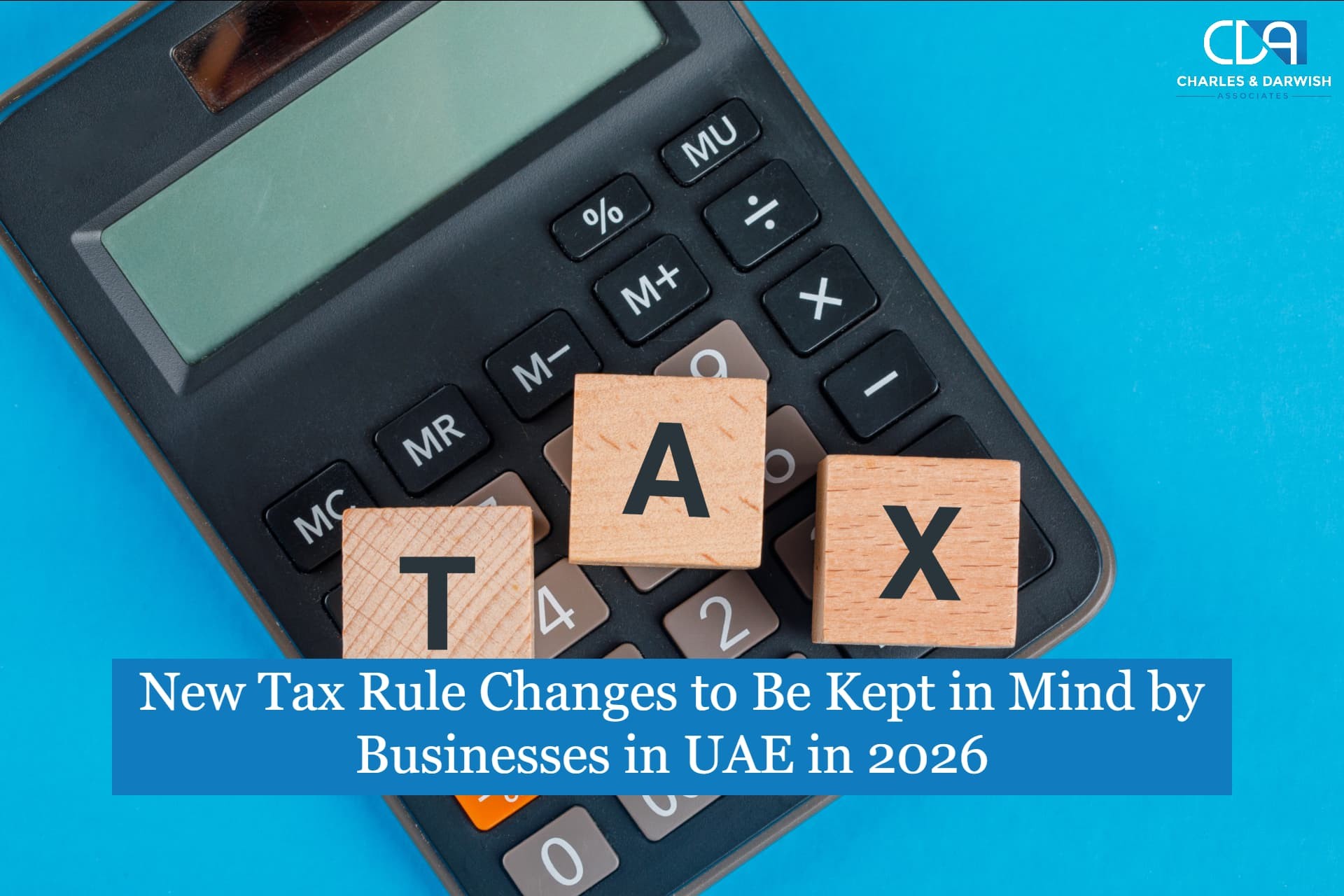Excise Tax UAE and Its New Amendments
The United Arab Emirates (UAE) has recently introduced significant amendments to its Excise Tax Executive Regulations, reflecting the government's commitment to refining tax policies and ensuring a fair and efficient tax system. These amendments, effective December 1, 2023, mark the first major update to the Excise Tax Regulations since their inception in October 2017. They not only formalize existing trends in excise tax audits but also aim to address compliance challenges faced by businesses.
In this blog, we will outline the key amendments introduced in the Amended Executive Regulation, aiming to prepare taxpayers for upcoming transitions and capitalize on the benefits offered by the revised regulations.
What is Excise Tax?
The UAE Excise Tax is a tax levied on specific goods, including but not limited to tobacco products, carbonated drinks, and electronic cigarettes. With rates soaring as high as even 100%, its primary objective revolves around reducing the consumption of unhealthy goods while producing revenue for community welfare initiatives. Businesses that engage in the import, production, sales, and storage of these specific items are required to register for Excise Tax and comply with its regulations.
Key Amendments to the Excise Tax Executive Regulations
Introduction of Additional Terminologies and Definitions
The Revised Executive Regulation has broadened its scope by introducing three new terms—"official evidence," "commercial evidence," and "shipping certificate"—under the 'Definitions' section.
These newly introduced terms effectively align with the definitions outlined in the UAE VAT regulation. By incorporating these terms, the regulation enhances its accuracy and clarity.
Granting the FTA Authority for Compulsory Deregistration
Under the new amendment, the Federal Tax Authority (FTA) now has the power to forcefully deregister an Excise Taxable Person with no formal request under specific circumstances, such as:
- When the Taxable person is deemed “no longer responsible for tax” it signifies that 6 months have elapsed since the date the registrant ceased to conduct activities under the Excise Tax Law. This deregistration is compulsory unless evidence is provided signifying an intent to restart said activities within the following 6 months.
- When maintenance of Registration would prejudice the integrity of the Tax system.
Assessing Stockpile and Audited Reports of Excise Goods
It has become imperative for enterprises to maintain meticulously audited records of their stock of Excise Goods. Failing to do so may lead the regulatory authority to categorize the entire stock as surplus Excise Goods, subject to full taxation. The amendment also provides clear guidelines for documenting stockpiles of Excise Goods and their subsequent release for consumption in the UAE.
Implementation of All-inclusive Export Exemption Criteria
The Amendment includes detailed documentation requirements for exempting the export of Excise Goods from Excise Tax. It highlights a more complex set of documentation compared to the previous regulation. The revised article defines the specific categories of documents required for both direct and indirect exports to qualify for Excise Tax exemption.
Regarding exported Excise Goods, Customs Departments now enforce an additional mandate to cross-verify the nature and quantity of these goods against the provided export documentation. This verification method aims to authenticate the departure of goods from the UAE, ensuring compliance with the set prerequisites. This robust authentication mechanism aligns with the FTA's emphasis on streamlining procedures within the excise tax compliance framework in the UAE.
Refund for Non-Taxable Persons Exporting Excise Goods
The Amendment now gives the opportunity for non-taxable individuals to claim for refunds for previously paid Excise Tax on goods exported outside the UAE, effective from 1st June 2024 subject to staying complied as per the requirements. This is a welcome move for export traders (particularly producers or importers of excise goods) who are not eligible to register for excise tax.
Compliance of Excise Tax Designated Zones
As per the new amendment, the designated zones failing to comply with the conditions and requirements will now be entitled to be treated as mainland UAE for the excise tax requirements.
Excise Tax Deduction on the Exported Goods
The new amendments provide that the deduction of the excise tax on the exported goods will now be subjected to a similar evidentiary requirement as for the exempted exported goods.
Exempt on Excise tax Payment on Goods Where There is Possibility of Natural Shortages
According to the new amendment, excise goods are now no longer considered ‘released for consumption’ subject to certain criteria to be met during a situation of natural shortages.
The recent amendments to the Excise Tax Executive Regulations in the UAE demonstrate the government's proactive approach to tax reform, aiming to simplify tax procedures, enhance compliance, and promote public health by discouraging the consumption of harmful products.
CDA’s Tax Assistance
It is strongly recommended for businesses operating in the UAE to reassess their operations and compliance strategies in light of these regulatory changes. Seeking counsel from seasoned excise tax experts such as CDA, a leading auditing firm based in Dubai will help you in evaluating your current tax position, ensuring tax compliance in the ever-evolving tax landscape of UAE.
Get in touch with the CDA tax experts and take advantage of our FREE CONSULTATION today.

Mark Thompson
Full-stack Developer, Blogger, and Tech Enthusiast.
Mark specializes in digital marketing, SEO, and content strategy.













